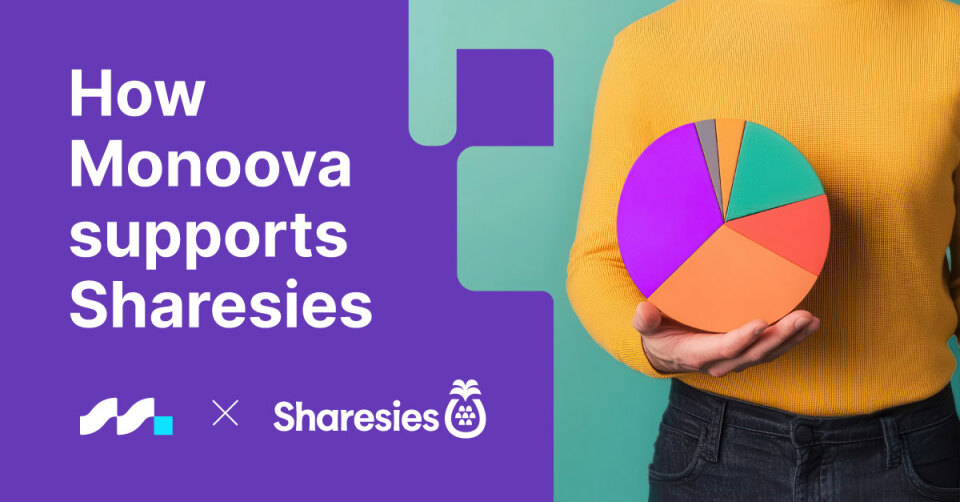Reconciliation is a huge part of any finance team’s time, especially at the end of a financial period. Manual processes introduce the risk of human error, both on the side of the payments being made, and payments being received and allocated, causing headaches for everyone involved.
Take this simple example:
• Company A sends Company B an invoice for $500
• Company B pays the invoice via Direct Credit on the 15th of the month, but mistakenly pays $600
• It takes three business days for Company A to receive the funds, and a further three days over the weekend for the reconciliation team to notice the error
Where does this leave Company A? It has taken a week to notice the issue, and now their team has to get in touch with Company B and figure out the process of returning the extra $100 and they must wait another 3 days for funds to arrive.
Automated reconciliation technology
Monoova is an all-in-one payments platform that not only facilitates the movement of funds, it also automatically reconciles transactions in and out as they happen. When integrated with your finance and reporting systems, Monoova matches incoming payments with what you’re expecting to receive — and identifies when the sums don’t match.
In this instance, Company A would be alerted to the incorrect payment as soon as it arrives in their account. Taking it one step further, Company A can stipulate what they want to happen depending on the situation through a set of rules built into Monoova’s reconciliation – their team wouldn’t have to lift a finger to rectify the issue.
On top of saving time, reconciling transactions as they occur eliminates the manual process of compiling large amounts of information at the end of the month. Automating this process prevents human error, ensuring greater accuracy and efficiency.
Automated reconciliation with customised rules
Let’s take a look at the scenario from above, and what it could look like:
• Company A sends Company B an invoice for $500
• Company B pays the invoice via Direct Credit on the 15th of the month, but mistakenly pays $600
• It takes three business days for Company A to receive the funds, and is instantly detected by the automated reconciliation rules process
• Company A has elected to reject all funds in the case of under or over payment, and so the funds are returned to Company B as a refund
• Company A sends the funds via Monoova’s NPP rails , so Company B receives the refund immediately, as well as an automated email explaining the situation and requesting the correct funds
• Company B confirms the receipt of the funds, and reissues the correct payment, again via Direct Credit, taking three business days to transact
• Company A’s automated reconciliation confirms the funds are correct and reconciles the payment
Company A’s finance team don’t have to take any action while this is happening in the background, saving them significant time and headache chasing this down.
If Company B also uses Monoova’s payment rails, their Direct Credit payment would be reduced to two business days, or the transaction would be instant if they elected to use NPP payment rails.
Monoova’s reconciliation rules monitor all incoming transactions, whether they are sent via Direct Credit, BPAY, via card, or even through the SWIFT network.
Choosing the right reconciliation software
There is a huge ecosystem of finance software, from book-keeping to reporting, to payroll and ERP systems. What’s important is that these systems are integrated and talking to each other, so that your financial data is accurate and up to date.
Reconciliation is often done at the end of the month. Automated reconciliation means this process happens as transactions are sent and received so your data is always timely and transparent.
As Monoova is an API-based payments provider, we’re able to send or receive, reconcile, and report back to your financial systems all in one, instant process.
Implementing automated reconciliation
Introducing a new tool to your financial systems doesn’t have to be tricky – especially when it’s going to save significant time spent on repetitive tasks.
Rather than disrupting your workflow, new tools (like Monoova!) should integrate with your existing technology to augment what’s already there. Monoova connects via API to bring all of your payments (and reconcile them) under one roof.


.png)


